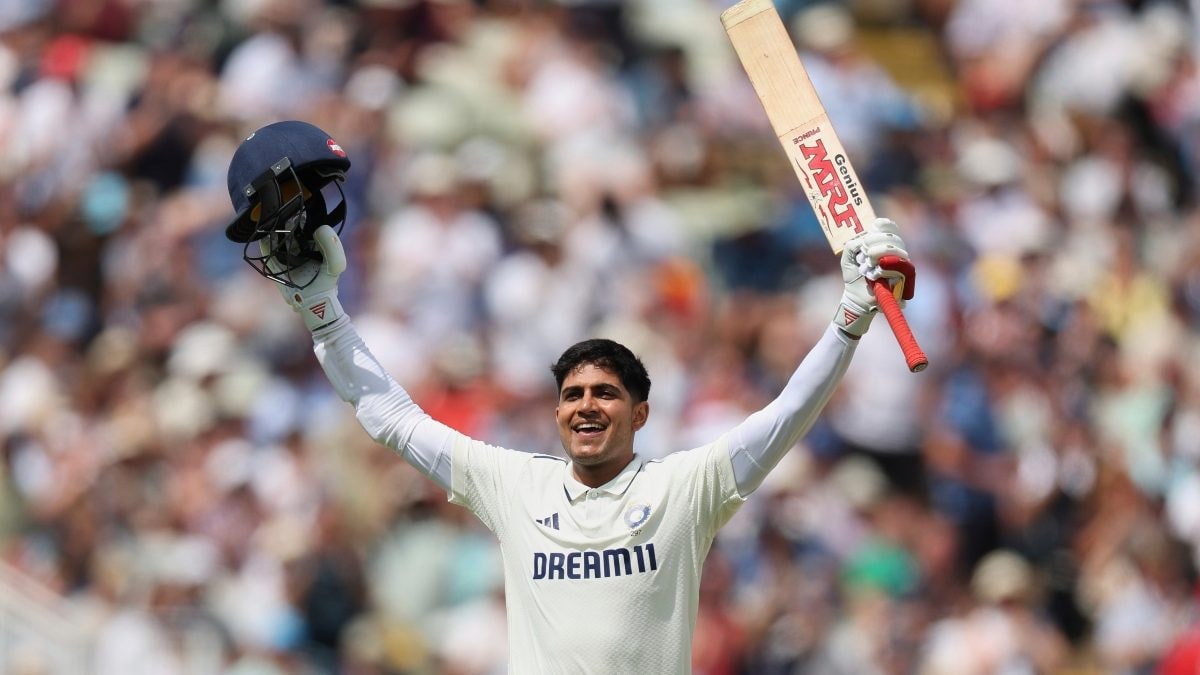

Shubman Gill's magnificent 269 at Edgbaston has not only put India in a commanding position in the second Test against England but has also sparked discussions about the secret behind his improved performance. After the second day's play, Gill revealed that a significant part of his turnaround was due to focusing on his defensive game, particularly against spin.
Gill's innings was a blend of elegance and aggression, featuring 30 fours and three sixes. He showcased his signature drives and well-timed flicks, putting pressure on the English bowlers. This knock wasn't just about scoring runs; it was about building partnerships and absorbing pressure. Gill stitched together crucial partnerships of 203 runs with Ravindra Jadeja and 144 runs with Washington Sundar, which helped India reach a formidable total of 587.
Having resumed his innings on the second day at 114, Gill appeared untroubled, displaying a range of glorious drives, pulls, and cuts. England's bowlers tried various strategies, including the bouncer ploy and even resorting to part-time medium pace, but Gill remained unfazed. His ability to switch between sublime and unorthodox shots allowed him to dispatch the ball to all corners of the ground.
Before the England series, Shubman Gill acknowledged that he hadn't yet met his expectations in Test cricket. Despite his success in white-ball formats, his Test career had been inconsistent. In 25 Tests, he averaged 35.52, and while this included a good run in the series against England, he was determined to improve further. Gill's focus on defensive batting was a direct response to this self-assessment. He recognized that on turning tracks, a strong defense is essential for survival and creating opportunities to score. Gill felt that the batting-friendly pitches in white-ball cricket had diminished his defensive skills over time and consciously worked to regain that aspect of his game.
The hard work paid off handsomely at Edgbaston. Gill became the first Indian to score more than 250 runs outside the Indian subcontinent, surpassing Sachin Tendulkar's record. He also broke Virat Kohli's record for the highest score by an Indian captain. Moreover, Gill's score is now the highest by an Indian in England, eclipsing Sunil Gavaskar's 221 at The Oval in 1979.
Gill's remarkable innings has put India in a dominant position in the second Test. After Gill's heroics with the bat, the Indian bowlers capitalized on the pressure, reducing England to 77-3 at stumps on Day 2. While a substantial innings is not unusual for Gill, becoming the first India skipper to score a double-hundred in England is a new feather in his cap. As Gill looks ahead, he will be keen to maintain this form and build on his success in the upcoming World Test Championship games.